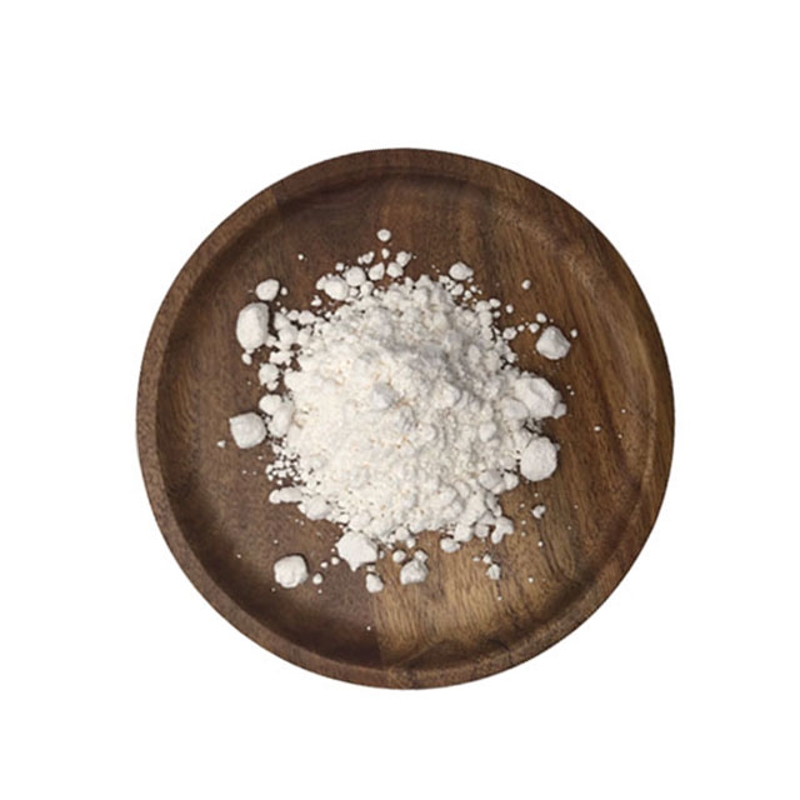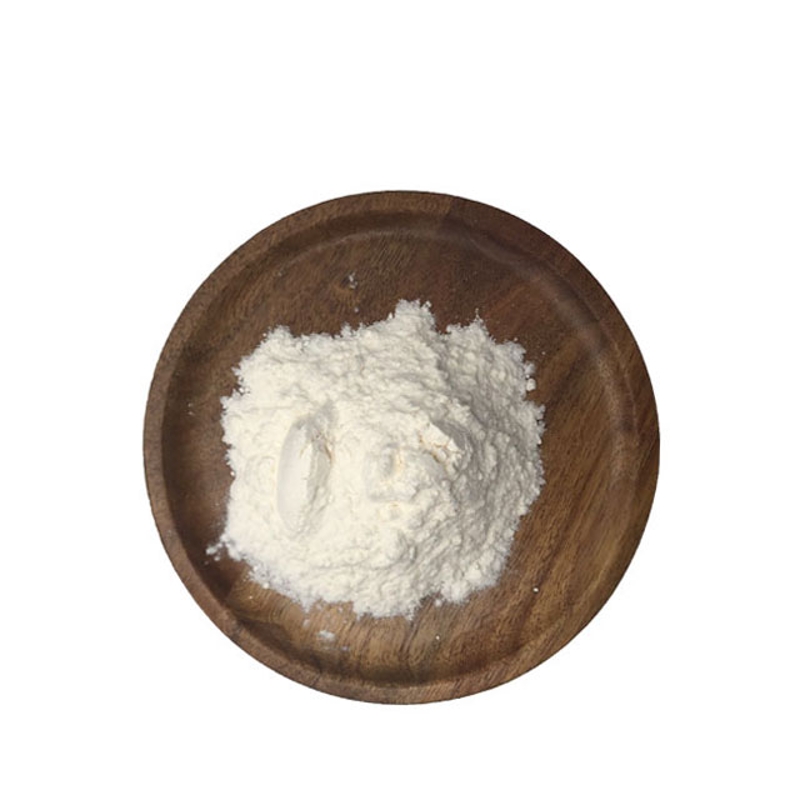-
Categories
-
Pharmaceutical Intermediates
-
Active Pharmaceutical Ingredients
-
Food Additives
- Industrial Coatings
- Agrochemicals
- Dyes and Pigments
- Surfactant
- Flavors and Fragrances
- Chemical Reagents
- Catalyst and Auxiliary
- Natural Products
- Inorganic Chemistry
-
Organic Chemistry
-
Biochemical Engineering
- Analytical Chemistry
- Cosmetic Ingredient
-
Pharmaceutical Intermediates
Promotion
ECHEMI Mall
Wholesale
Weekly Price
Exhibition
News
-
Trade Service
Colorectal cancer (CRC) is the third most common malignant tumor and the second most common cause of cancer death in the world.
obesity and poor diet are widely considered to be major risk factors for CRC.
Fatty disease is a disease caused by obesity, where the accumulation of fat cell hypertrophy and excessive adipose tissue enters the bloodstream by releasing triglycerides (TGs), free cholesterol and fat cells and other body fat stored in the tissues, leading to abnormal circulatory lipid concentrations in the body.
previous studies have shown that serum lipids and lipoproteins may affect their carcinogenic effects through insulin resistance (insulin resistance, IR), inflammatory responses, and oxidative stress pathways.
animal breeding models show that increased visceral lipid decomposition leads to increased flow of free fatty acids (FFA), which stimulates insulin release and reduces insulin sensitivity, ultimately increasing the risk of cancer.
low-density lipoprotein cholesterol (LDL) can promote the occurrence of intestinal inflammation and the development of CRC by activating ROS and signaling path path paths, including mapK path path roads.
recent in-body study showed that cholesterol stimulates the proliferation of CRC cells and inhibits apoptosis.
, there has been a contradiction between the epidemiological findings of blood lipids and CRC, and it is not clear whether blood lipids are associated with CRC risk.
study was based on a forward-looking cohort study of 380,087 adults aged 40-69 in the UK Biobank.
, high-density cholesterol, low-density cholesterol, total cholesterol, triglycerides, and lipoproteins A and B in the serum were mainly measured.
using the Cox proportional risk regression model to evaluate the multivariate risk ratio (HRs) in CRC based on standard deviation (SD) increments of serum lipids.
2,667 CRC events were recorded during the 10.3-year mid-level follow-up period, according to the study.
analysis of potentially complex factors, including body mass index and waist circumference, did not have any lipid biomarkers associated with CRC risk.
when assessed by cancer site, serum triglyceride levels were associated with a high risk of blind and transverse colon cancer, with HR at 1.12 and 1.29, respectively.
and lipoprotein A was associated with a lower risk of liver cancer (HR=0.73).
Blood lipid levels were compared to the risk of colorectal cancer, and the results showed that blood lipid levels were not associated with the risk of colorectal cancer when the obesity indicators were adjusted, while the potential site-specific effects of triglycerides and lipoprotein A needed further confirmation.







